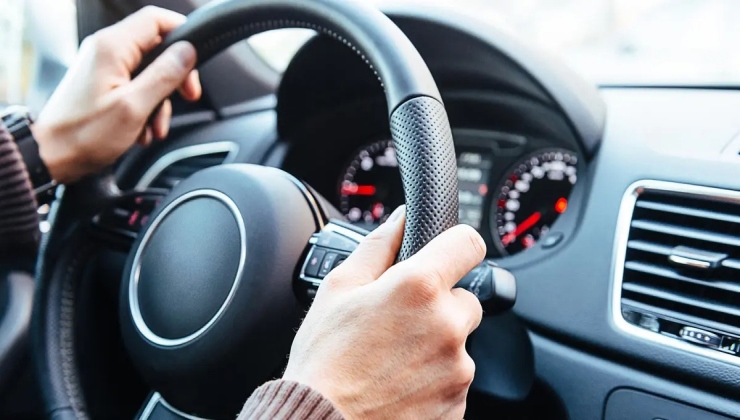It’s estimated that five people die on UK roads every day and 82 more are seriously injured.
Those figures from the road safety charity Brake make it clear that we can still continue to raise driving standards in the country.
Defensive driving is a term that many road users might not be overly familiar with. However, it is a concept that could make a material impact on those figures and improve road safety for all.
What is Defensive Driving?
Defensive driving is a proactive approach to driving that goes beyond simply following the rules of the road outlined in the Highway Code.
Here are some key principles of defensive driving:
- Maintaining awareness: This includes scanning the road ahead, checking mirrors frequently, and being mindful of blind spots.
- Leaving a safe following distance: The recommended distance is a minimum of the car length for every 10mph of speed (increasing in poor conditions).
- Managing your speed: Always adjust your speed to the road conditions, weather, and traffic flow.
- Communicating effectively: Use your indicators well in advance of manoeuvres and be aware of signals from other drivers.
- Expecting the unexpected: Be prepared for other drivers’ mistakes, sudden hazards like animals crossing the road, or mechanical issues.
- Planning your journey: This includes checking traffic updates, allowing ample time, and ensuring you’re well-rested before driving.
You can even take courses to help improve your ability to apply defensive driving techniques to your daily travel.
Organisations like IAM Roadsmart (formerly the Institute of Advanced Motorists) and the Royal Society for the Prevention of Accidents (RoSPA) provide certified defensive driving courses. They not only educate you on defensive driving techniques but also provide qualifications that can benefit you further down the line.
Benefits of Defensive Driving
There are numerous benefits to adopting a defensive driving style:
- Reduced accident risk: Put simply, the biggest advantage is a significant decrease in the likelihood of being involved in a collision.
- Lower insurance premiums: Many car insurance providers offer discounts for drivers who complete defensive driving courses.
- Reduced fuel consumption: Smoother driving techniques can improve fuel efficiency and save you money at the pumps.
- Less stress and anxiety: Staying alert and prepared means fewer surprises on the road, leading to a calmer driving experience.
- Protects others: Defensive driving not only benefits you but also contributes to the safety of everyone sharing the road.
Should I Be Defensive Driving More?
Defensive driving is undeniably a valuable skill for all drivers, regardless of experience. Here’s how to know if you should be practising it more:
- Do you find yourself reacting to situations on the road rather than anticipating them?
- Have you had any near misses or minor accidents?
- Do you feel stressed or anxious while driving?
- Would you like to potentially lower your insurance premium?
If you answered yes to any of these questions, incorporating defensive driving techniques into your routine can significantly improve your driving experience and overall road safety.

